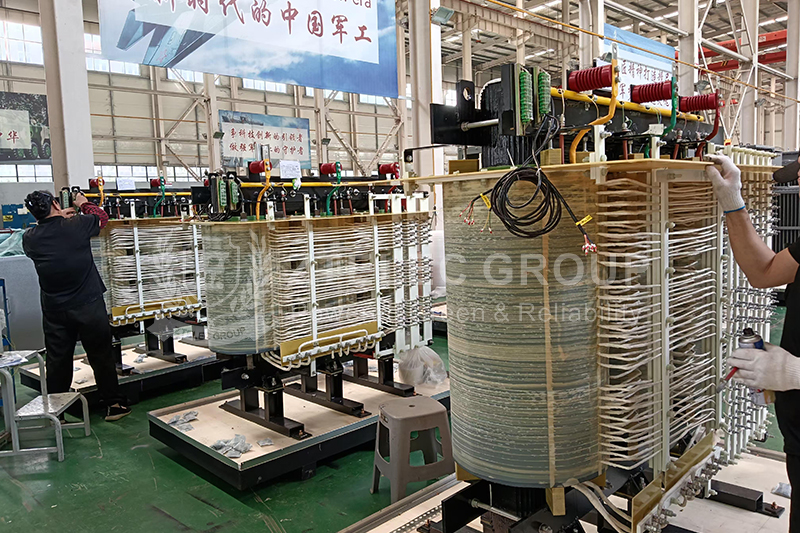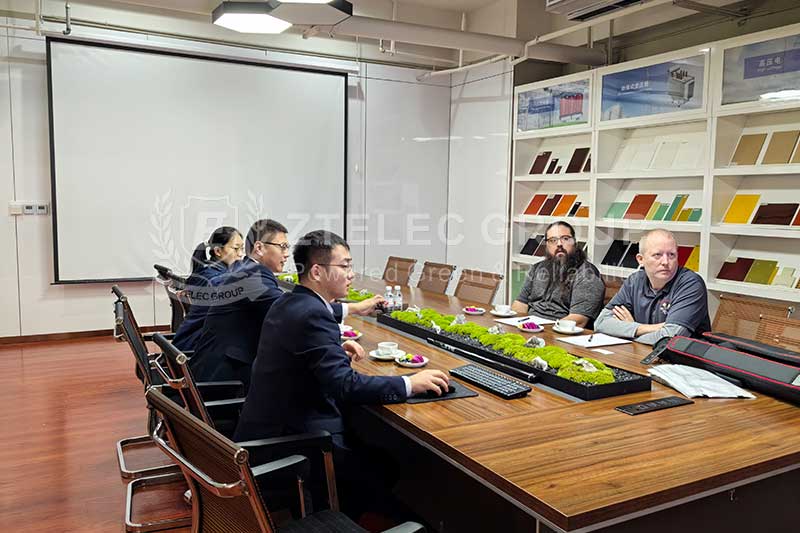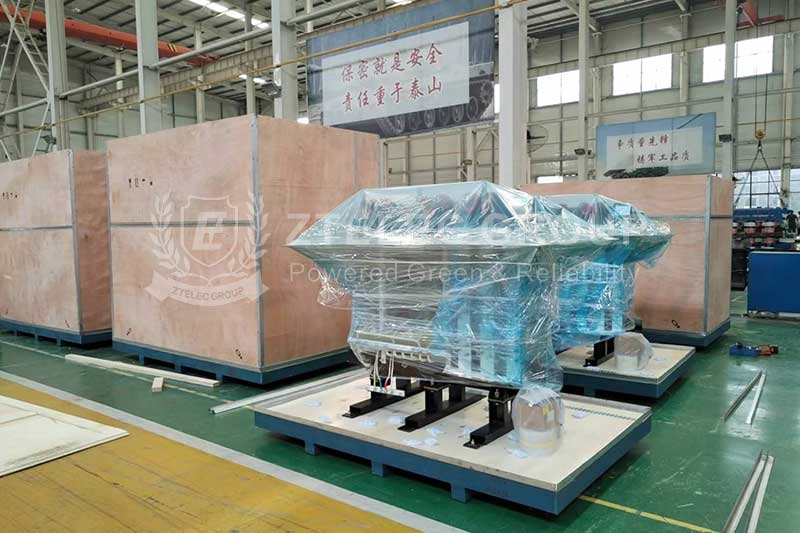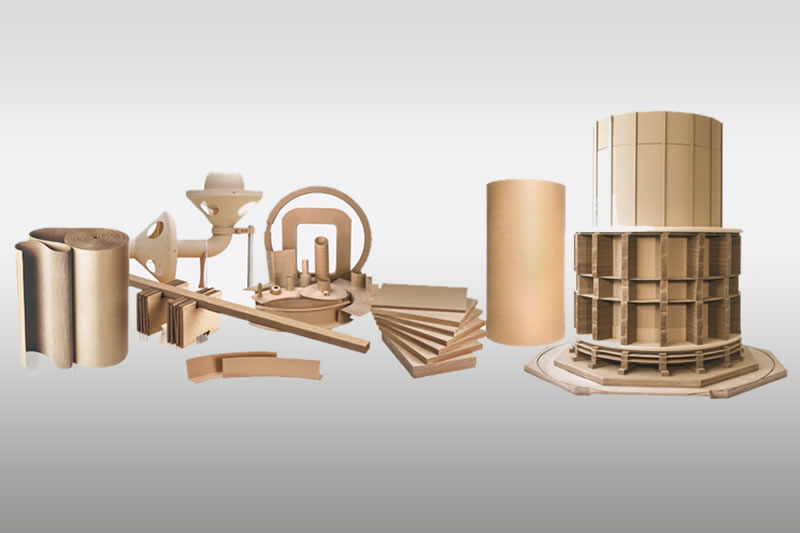Best Oil Type Transformer Solutions for the Industrial and Power Sectors
In the modern industrial and power sectors, where energy efficiency, reliability, and intelligent development are essential, oil type transformers remain key equipment for energy conversion and distribution. Their performance directly impacts the stability, safety, and efficiency of entire power systems. Facing stricter energy efficiency regulations and increasingly complex operating conditions, the new generation of oil-immersed transformers offers advanced solutions by combining material innovation, optimized structural design, and intelligent digital technologies.
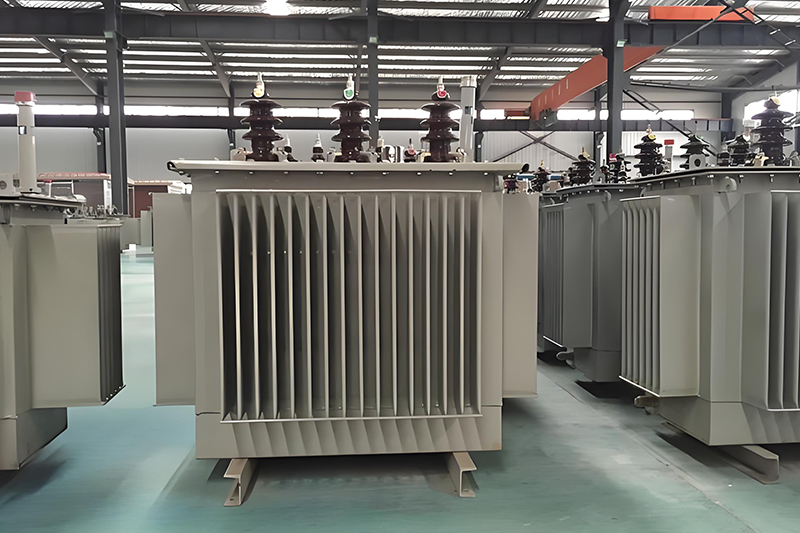
Core Industry Challenges and Demands
1. Balancing Heat Dissipation and Energy Efficiency
In heavy-duty industrial environments, transformers often run under continuous high load. Traditional designs suffer from limited heat dissipation, causing oil overheating, accelerated insulation aging, and reduced service life. The demand for energy-efficient oil type transformers with superior cooling capabilities is therefore critical.
2. Reliability in Harsh Environments
Applications such as offshore wind farms and chemical plants expose transformers to extreme humidity, salt spray, and corrosive gases. Conventional sealing materials deteriorate over time, leading to oil leakage and degraded insulation performance. This creates serious operational risks that require advanced sealing technologies.
3. Balancing Maintenance Efficiency and Costs
Traditional oil-immersed transformers rely on manual inspections without real-time monitoring. This results in delayed fault detection, inefficient maintenance scheduling, and high operational costs. The industry requires digital solutions that support predictive and condition-based maintenance.
Key Technical Features of Advanced Oil Type Transformers
1. Ultra-Efficient Energy-Saving Design
Modern oil-immersed transformers integrate grain-oriented silicon steel, amorphous alloys, and high-purity copper conductors to reduce losses. Finite Element Analysis (FEA) optimizes electromagnetic and thermal design, lowering stray losses and enhancing short-circuit resistance. These improvements significantly reduce no-load and load losses, aligning with global energy-saving standards.
2. Reliable Structural Design
Advanced oil type transformers feature full mitered joints, robust banding, and vacuum-dried windings with varnish impregnation for superior mechanical strength. High-performance insulating pressboards and transformer oils guarantee long-term dielectric stability. Options include synthetic ester insulating oil, which offers excellent fire resistance and environmental safety. Double-sealing systems and fully sealed tank designs further ensure protection against oxygen and moisture ingress.
3. Intelligent and Digital Operation
Equipped with smart sensors, these transformers monitor oil temperature, winding hot-spot temperature, vibration, partial discharge, and dissolved gas analysis (DGA). Intelligent control units based on PLC or advanced chips support cooling regulation, on-load tap-changing, and real-time data acquisition. Through cloud connectivity (4G/5G or fiber optic), digital twin models and AI-driven analytics provide predictive maintenance, fault diagnosis, and lifetime estimation.
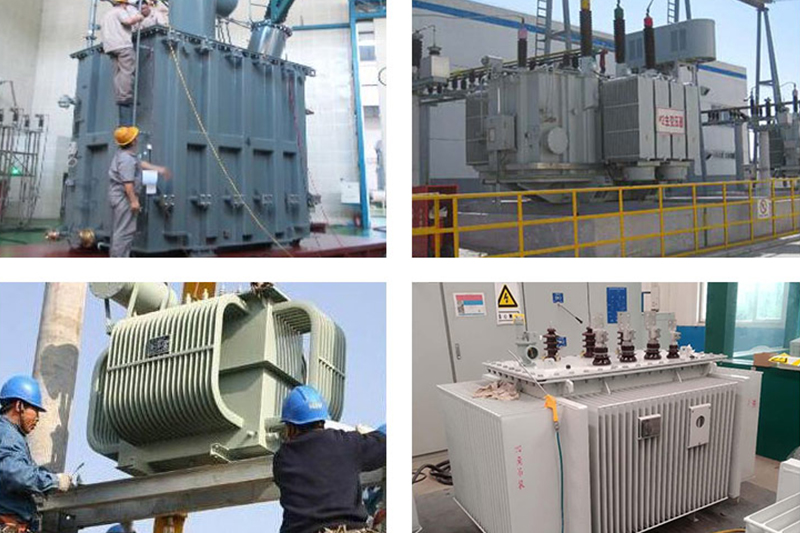
Typical Applications in Power and Industrial Sectors
Applications in the Power Sector
Oil type transformers play a vital role in high-voltage transmission networks, substations, and urban grid upgrades. Their high efficiency, low losses, and superior overload performance ensure reliable electricity delivery, improve grid stability, and enhance power quality in modern energy systems.
Applications in the Industrial Sector
Industries such as steel, mining, and chemicals demand reliable transformers capable of operating in high-temperature, dusty, and corrosive conditions. Oil-immersed transformers deliver stable and uninterrupted power supply, enabling continuous production. By optimizing transformer capacity and configuration, enterprises can improve energy efficiency management and reduce overall operating costs.
The new generation of oil type transformers addresses long-standing challenges in efficiency, cooling, sealing, and digital maintenance. With innovations in core materials, structural reliability, and intelligent monitoring, they represent the future of industrial and power sector applications. For enterprises aiming to enhance operational efficiency, reduce carbon emissions, and achieve sustainable development, choosing advanced oil-immersed transformer solutions is a strategic step toward long-term success.
- more+releated article
- 2026-01-04Common Power Transformer Faults: Causes, Solut
- 2025-12-312026 New Year Holiday Notice
- 2025-12-31Operation, Maintenance, and Service Life Manag
- 2025-12-30How to Select a 100 kVA–500 kVA Distribution
- 2025-12-29The Impact of NHN NMN Composite Insulation on
- 2025-12-26Practical Application of GPO-3 Insulation Boar
- 2025-12-2510kV Transformer Replacement Timeline: Install
- 2025-12-25Low Smoke EN45545 GPO3 UPGM203 Laminated Board
- 2025-12-24Merry Christmas — ZTelecgroup Christmas Cele
- 2025-12-24How to Select a Suitable 50kVA–500kVA Distri

